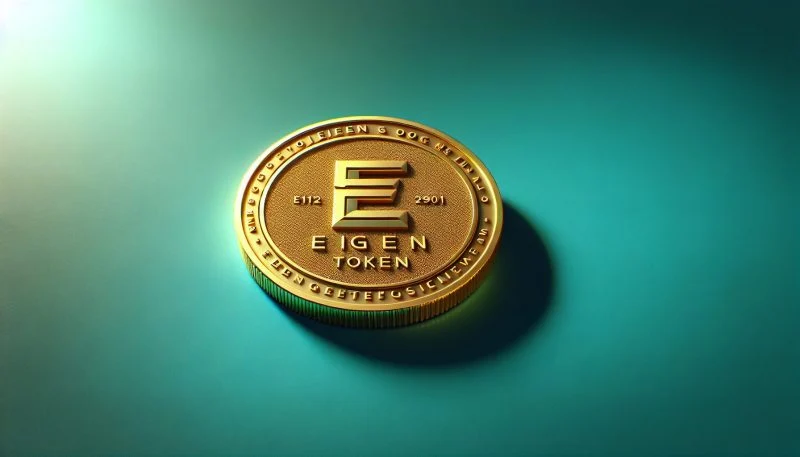|
Getting your Trinity Audio player ready...
|
Thailand’s political landscape has witnessed a significant shift with the election of Paetongtarn “Ung Ing” Shinawatra as the country’s 31st prime minister. Shinawatra, leader of the Pheu Thai Party, secured her position with a decisive parliamentary vote—319 in favor, 145 against, and 27 abstentions. As she steps into office, her leadership is anticipated to uphold the economic and digital policies of her predecessor, ensuring continuity in the nation’s digital asset framework and cryptocurrency regulations.
Continuing Economic And Digital Policies
In her inaugural press conference, Paetongtarn Shinawatra emphasized her commitment to continue the economic stimulus and digital policies initiated by former Prime Minister Srettha Thavisin. Central to this agenda is the digital wallet initiative, a flagship policy designed to stimulate economic activity through direct financial incentives to citizens. Shinawatra acknowledged the program’s significance but noted that the government would explore additional options to ensure its financial sustainability, highlighting a cautious yet forward-thinking approach to economic reform.
Stability in Cryptocurrency Regulations
Despite the political upheaval that saw Srettha ousted by the Constitutional Court, experts in Thailand’s digital economy predict stability in cryptocurrency regulations. The country’s approach to digital assets, underpinned by a robust regulatory framework, is expected to remain unchanged. Tanawat Sutunthivorakoon, CEO of Bitazza Thailand, expressed confidence that the leadership change would not significantly impact the regulatory environment for cryptocurrencies. This sentiment was echoed by Sanjay Popli, CEO of Cryptomind Advisory, who noted that the Pheu Thai Party has maintained consistent views on digital asset regulation, ensuring continuity despite the political shift.
The Thai Securities and Exchange Commission (SEC) has long supported the crypto industry, a stance that has persisted across different administrations. Recently, the SEC launched a regulatory sandbox for crypto-related businesses, underscoring its commitment to fostering innovation while maintaining oversight. Thailand’s position as a leader in cryptocurrency adoption is further evidenced by its ranking in the Chainalysis 2023 Global Crypto Adoption Index, where it placed 10th globally.
Challenges and Uncertainty in the Digital Wallet Policy
While cryptocurrency regulations are expected to remain stable, the future of the Digital Wallet Policy faces uncertainty. Nares Laopannarai, President of the Digital Asset Association of Thailand, raised concerns that the policy, initially proposed by Srettha, may undergo significant revisions or face delays due to recent political developments. The initiative, which attracted over 25 million registrations, offers a 10,000-baht (approximately $285) handout to participants. However, the political transition may necessitate changes to the program to align with the new administration’s financial strategies.
Also Read: Thailand Revokes Licenses of Crypto Exchange Zipmex After Months of Scrutiny
Thailand’s engagement with digital assets remains high, with over 2.94 million user accounts on digital asset exchanges, representing 4.27% of the population. This robust participation highlights the country’s vibrant digital economy, where cryptocurrencies, despite not being recognized as legal tender, continue to thrive as investment assets.
As Paetongtarn Shinawatra takes the helm, the stability of Thailand’s cryptocurrency regulations appears assured, offering continuity and confidence to investors and businesses alike in the digital asset sector.
Disclaimer: The information in this article is for general purposes only and does not constitute financial advice. The author’s views are personal and may not reflect the views of Chain Affairs. Before making any investment decisions, you should always conduct your own research. Chain Affairs is not responsible for any financial losses.
Crypto and blockchain enthusiast.




